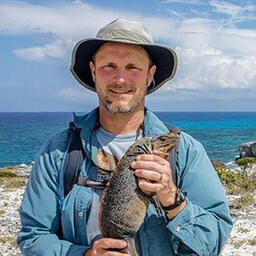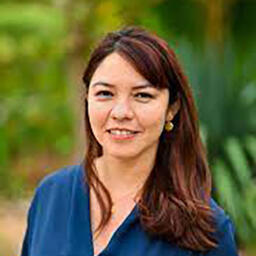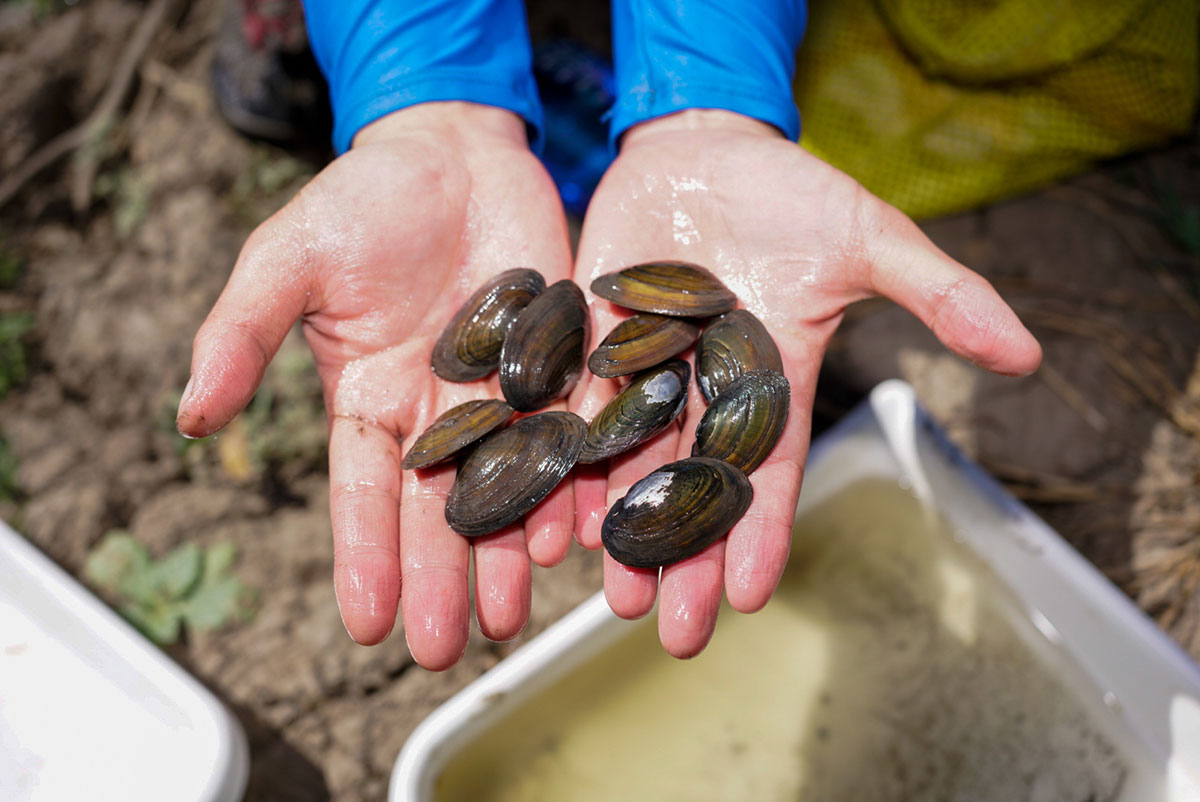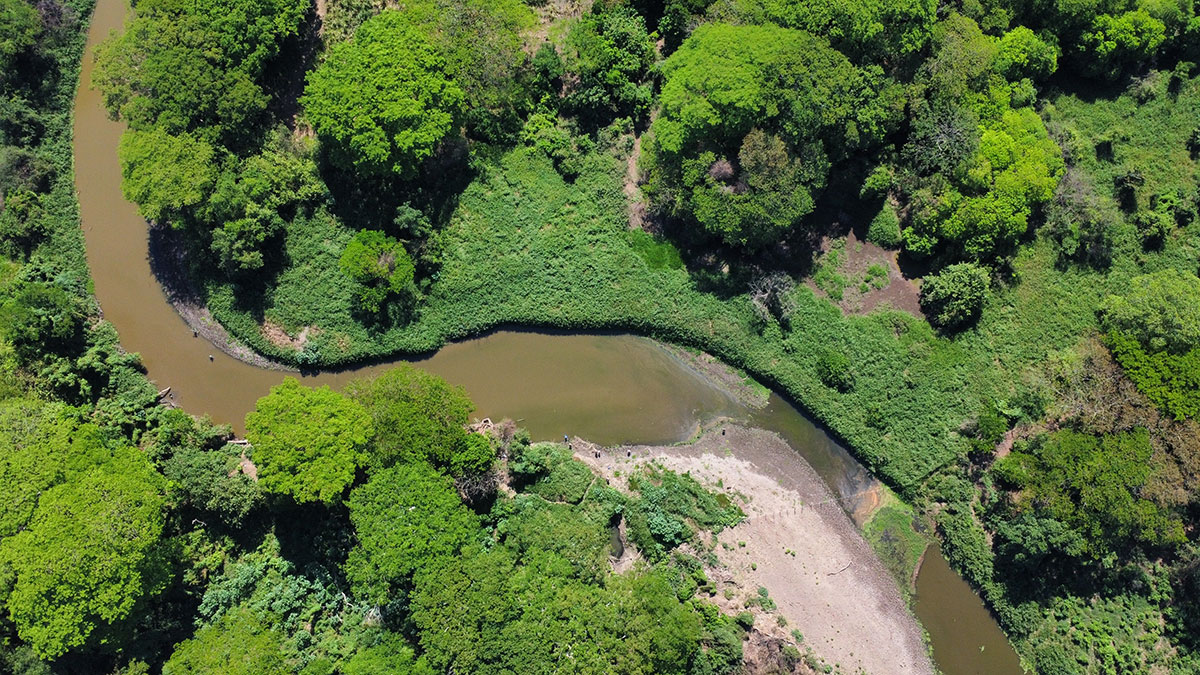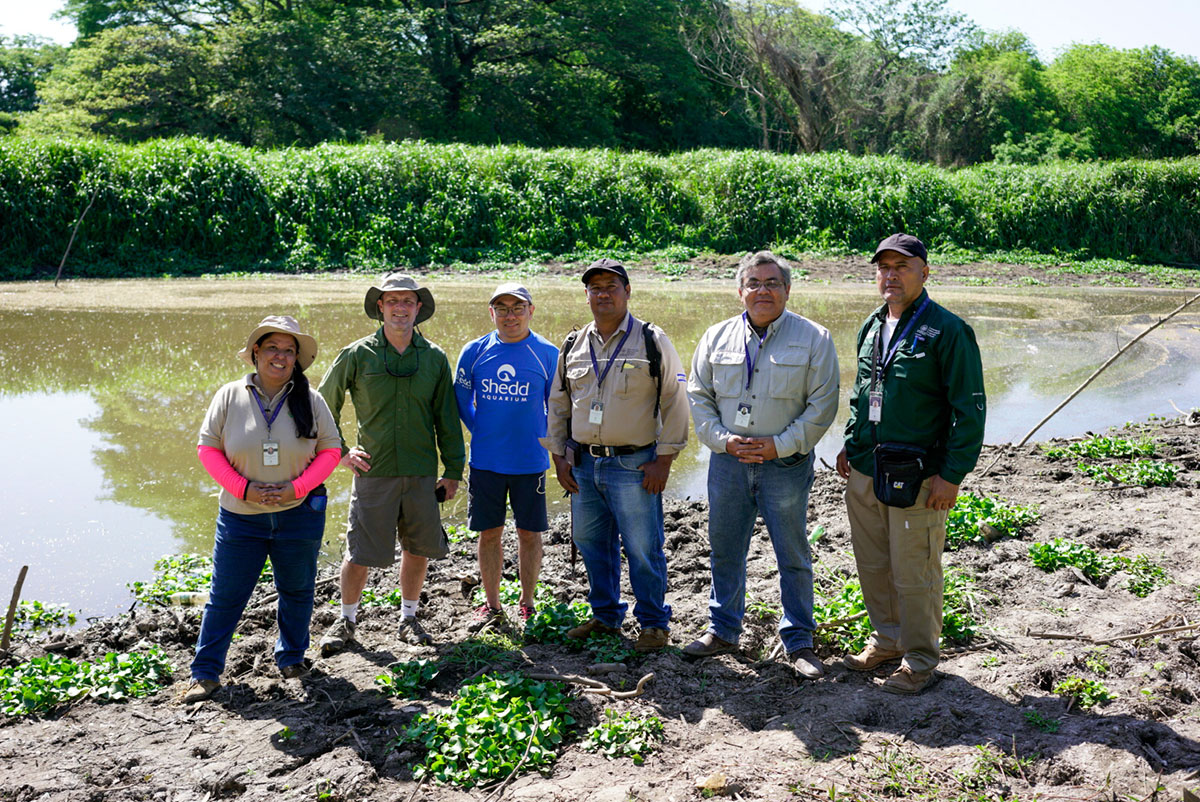CSS Freshwater - Shedd Aquarium
Center for Species Survival Freshwater - Shedd Aquarium, uses applied conservation science to inform biodiversity assessments and safeguard freshwater species and ecosystems in crucial biodiversity hotspots in partnership with the IUCN's Species Survival Commission. As the first dedicated freshwater Center, Shedd's collaborative work initially focuses on critical watersheds in Central America, where aquatic wildlife populations are understudied, and many species are likely at risk of extinction. Shedd works alongside local collaborators to assess potential extinction threats and identify key biodiversity areas using key tools produced by IUCN SSC. Supported by global partners, Shedd also focuses on building local capacities to strengthen freshwater biodiversity conservation in-country.
Despite covering only about 0.8 percent of the Earth’s surface, freshwater habitats support a disproportionately large amount of unique aquatic life – more than 10 percent of all known animals and about 50 percent of all fish species on the planet. Freshwater ecosystems also provide several critical services for our planet – supporting food production, human health, water purification, climate regulation and more. These same vital freshwater systems are the most imperilled ecosystems on the Earth and face a growing list of challenges like pollution, habitat loss, overexploitation, fragmentation (e.g., dams and culverts) and the climate crisis.
Supporting the Species Conservation Cycle
Expanding knowledge of freshwater mussels
Freshwater mussels are among the world's most imperilled fauna, and reversing this trend requires conservation management actions based on sound knowledge. Through the Center for Species Survival: Freshwater, Shedd will expand its ongoing freshwater mussel research internationally, focusing primarily on Central America — including El Salvador, Costa Rica and Guatemala. Freshwater mussels in Central America remain understudied and current gaps hamper managers' ability to strategize and perform conservation actions. Shedd's project will improve confidence in species identity, richness and distribution using holistic approaches (i.e., field surveys, molecular phylogenetics, species delineation, and morphometric comparisons) which will enable capacities to improve Red List Assessment and conservation efforts.
Aquatic conservation and research training program
Shedd provides field research experience and hands-on learning about freshwater ecosystems and applied conservation at a college level, with a focus on the Great Lakes and local waterways in Chicago. In partnership with the IUCN SSC network and conservation and science institutions such as the Morton Arboretum, the Field Museum of Natural History and partner universities, Shedd's Center for Species Survival: Freshwater will expand capacity building efforts and implement a training program for the next generation of conservation science practitioners in freshwater ecosystems at the international level. This program will open opportunities to strengthen local conservation planning, management and policy-making capacities aligned with global standards established by the IUCN. Moreover, participants will also gain scientific skills, and learn about husbandry, and museum curation. Shedd's first focus will be the Central American region, where the goal is to provide at least ten training sessions and field survey experiences for 50 participants.
Assessment of freshwater fishes and mussels
Freshwater biodiversity is declining at an accelerated pace, and one-third of all freshwater species are threatened with extinction. In partnership with the IUCN SSC network including the Freshwater Conservation Committee, the SSC’s Freshwater Fish and Mollusc Specialist Groups, other Centers for Species Survival and Central American collaborators, Shedd will lead Red List Assessment of freshwater fish and mollusc species in Costa Rica, Guatemala and El Salvador. Our goal is to assess at least 50 mussel species reported to occur in the region and update the regional freshwater fish assessment including not evaluated (NE) species and species that were Data Deficient (DD) when last assessed. These assessments will increase the knowledge on the status of freshwater species and strengthen the Red List Index at global and national scales.
Expanding Freshwater Key Biodiversity Areas
Freshwater ecosystems are essential for biodiversity and provide many critical services for our planet. However, they are the most imperilled ecosystems on the planet. Target No. 3 of the Kunming-Montreal Global Biodiversity Framework recognizes the need to increase the protection of inland water areas, along with terrestrial, coastal, and marine ecosystems. At least 50 freshwater areas of biodiversity significance have been identified in Central America; however, protected areas in the region are mainly designed for terrestrial conservation. Shedd's Center for Species Survival: Freshwater will collaborate with the Key Biodiversity Areas (KBA) network, experts and local stakeholders to implement a KBA gap analysis in Central American countries, including Guatemala, El Salvador and Costa Rica. This project will allow us to establish a strategic network of collaboration in the region and bring capacities to identify and update priority areas for freshwater conservation, and support Guatemala, El Salvador and Costa Rica to achieve the Kunming-Montreal Global Biodiversity Framework Target 3.
Meet our team

Chuck Knapp
Ph.D., Vice president of conservation research and Co-chair of the IUCN SSC Iguana Specialist Group. Chuck oversees Shedd's conservation research programs to save wild animals and imperilled ...
Yasmin Quintana
Ph.D., Manager, Center for Species Survival Freshwater. Yasmin is a freshwater ecologist and conservation biologist focusing on fish ecology. She has contributed to investigating fish biodiversity and ...
Kentaro Inoue
Ph.D., Research biologist. Kentaro Inoue studies freshwater mussels, animals that are among the most imperilled group of organisms in the world. He works throughout the Midwest in the United States of ...
Johnny Ford
Senior Director of Public Relations. Johnny has over 10 years of experience in conservation-focused communications. He leads public relations and communications efforts for Shedd Aquarium and the CSS ...
